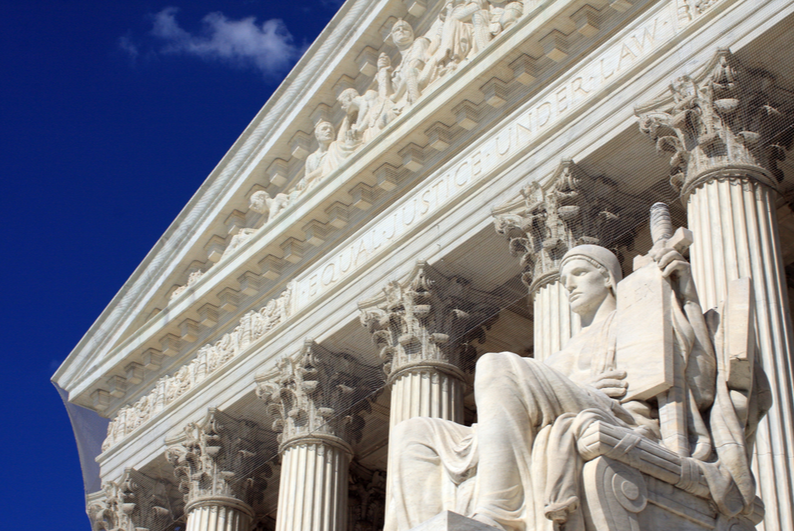Looking to appeal
Stars Interactive Holdings is petitioning the US Supreme Court regarding a $1.3bn judgment against the Flutter Entertainment-owned PokerStars brand in Kentucky. The company seeks a writ of certiorari for this judgment, which is the initial step in a Supreme Court appeal.
If this step is successful, the Kentucky Supreme Court would then need to forward the case records to the United States Supreme Court for review. The Supreme Court justices would vote on whether or not the case would warrant a hearing.
the Supreme Court will need to deem the case to be a constitutional issue that is of national interest
The Supreme Court receives between 7,000 and 8,000 cases each year for consideration, but it only ends up ruling on between 100 and 150 of them. In order for PokerStars to be successful in getting a writ of certiorari, the Supreme Court will need to deem the case to be a constitutional issue that is of national interest.
A long-running case
The Kentucky case dates back more than ten years and relates to the years – up until April 15, 2011 – when PokerStars accepted US customers. On what became known as Black Friday in the online poker space, the US Department of Justice seized the domains of several major US-facing poker sites. The transfer of funds between financial institutions and online gambling sites had become illegal five years previous as part of the 2006 Unlawful Internet Gambling Enforcement Act (UIGEA), making online poker effectively, even if it wasn’t technically, illegal.
Per Kentucky law, anyone who had been impacted by illegal gambling was able to sue for losses. In 2013, officials in Kentucky decided to proceed with a case that would aggregate the losses for people in the state as a whole. The original case saw the state win an $870m judgment, a sum far greater than the net losses of the residents in the state. PokerStars won an appeal and further legal action ensued.
In January 2021, the Kentucky Supreme Court reinstated the first verdict after a 4-3 vote and applied interest to the original sum, increasing the judgment to $1.3bn. Stars Interactive Holdings asked for a hearing, but the request was denied.
Two main arguments
There are two main questions of constitutionality that PokerStars is calling for the US Supreme Court to consider in this case. The first of these is if a civil judgment of this size is in violation of the right to due process that is a part of the original constitution. The second question relates to the Eighth Amendment, which provisions against “excessive fines.”
Therefore, PokerStars appears to not be questioning the basis for the judgment, but rather the size of the fine. The $1.3bn sum is 34 times greater than the net losses that state residents suffered and almost 50 times the operator’s revenue at the time of the offenses.
The basis for the state’s calculation was on an aggregated gross losses basis instead of looking at the net losses of players. Therefore, every losing bet a Kentucky poker player made on PokerStars between 2007 and 2011 was added together. This came to $290m, which was then trebled to $870m for punitive purposes. PokerStars believes that the net losses of Kentucky players in this period were only $26m.




